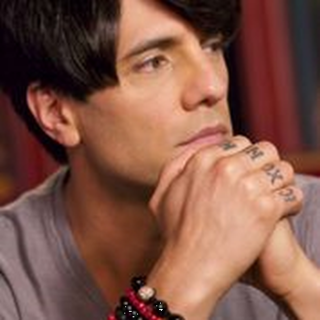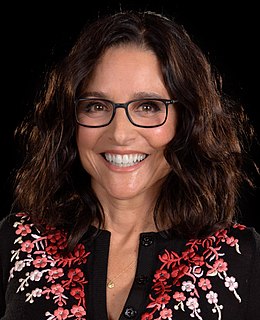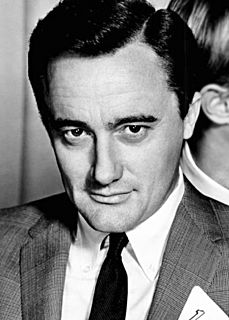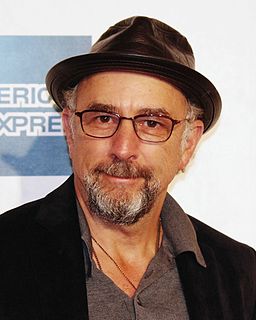A Quote by Will Self
Television is the same as the telephone, and the same as the World Wide Web for that matter. People who become obsessed by the peculiarities of these communications media have simply failed to adjust to the shock of the old. People who bleat on about the 'artistic' potential of television qua television are equally deluded.
Related Quotes
The days of television as we knew it growing up are over. You have a bigger, wider world audience on the Internet, larger than any American television series. People don't watch television in the same context as before. Nowadays they watch their television on the Internet at their convenience. That's the whole wave, and it's now - not the future.
Television is our culture's principal mode of knowing about itself. Therefore -- and this is the critical point -- how television stages the world becomes the model for how the world is properly to be staged. It is not merely that on the television screen entertainment is the metaphor for all discourse. It is that off the screen the same metaphor prevails. (92)
The arrival of television established a mass-media order that dominated the last 50 years. This is a personal media revolution. The distinction between the old order and the new order is very important. Television delivered the world to our living room. In the old media, all we could do was press our noses against the glass and watch.
One of the great things about the old days of television, 10 years ago, or 15 years ago, was that it was water cooler television. People would communally watch the same hour. People used to tell us all the time, we turn off the phones, we put the kids to bed and that one hour is uninterrupted. Then, the next day at the water cooler, they all talk about it.
I think television has become such an interesting place for characters and for incredible storytelling. Half of what I watch are television shows that I've become obsessed with. I just think that it's opened up so much, to be such an interesting and creative medium, and so many wonderful directors and actors are moving to television because it is a great medium for telling stories and for creating a character over a long period of time.
Such techniques, including meta-discursive stuff, self-reference, irony, black humor, cynicism, grotesquerie and shock, it would be safe to say that television or televisual values rule the culture. Television is successfully using a lot of those same techniques but using them for a very different agenda, which is to sort of create an ethos and please people and to sell products to consumers.


































